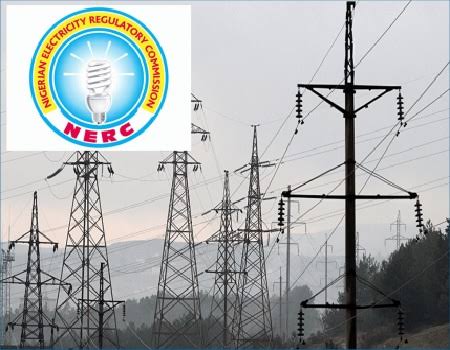The performance of Nigeria’s electricity distribution companies last year was deemed “abysmal” by Mr. Chinedu Bosah, National Coordinator of the Coalition for Affordable and Regular Electricity (CARE).
In a Wednesday interview with the News Agency of Nigeria (NAN), Bosah criticised the DisCos for putting profit ahead of infrastructure improvements, pointing out that the power industry has seen a large number of customer complaints regarding the unpredictable power supply and exorbitant electricity bills.
He also lambasted DisCos for not providing free meters to as many Nigerians as possible, emphasising that a major issue facing the sector is the prevalence of estimated billing in the lack of prepaid meters.
“Approximately 55 percent of households connected to the national grid, around seven million, still lack meters. Meters, which should be provided free of charge by the DISCOs, have become an expensive commodity due to a profit-driven meter supply mechanism.
“In 2024, many consumers were forced to purchase prepaid meters at exorbitant prices from Meter Asset Providers (MAP), exacerbating the financial strain on households. This is a clear example of how the privatisation of the sector has turned it into a money-spinning venture at the expense of ordinary Nigerians,” he explained.
Unequal distribution of energy
Bosah also attacked the energy inequity that certain Nigerians experience as a result of DisCos creating it with government support.
- He compared a “apartheid-styled” system, in which only the wealthy could afford power and the bulk either lived in darkness or used very little electricity, to the high Band A rate, which provides premium services to a select few.
- He maintained that access to energy ought to be a fundamental right rather than a luxury. He emphasised that the industry should put the public’s access to power ahead of its fixation with making money.
- He added that the power industry’s bleak future and the rise in energy poverty are also caused by recurring problems like gas supply shortages and destruction of electrical equipment.
“A significant factor contributing to the sector’s crisis is the shortage of gas for power generation.
“As a country rich in oil and gas resources, Nigeria should be investing more in gas exploration and transportation to ensure a steady and affordable supply for power plants.
“However, the government’s lack of investment and reliance on multinational companies have led to high gas prices, further compounding the sector’s challenges,” he further added.
In order to boost the economy and allow for additional electricity generation, he demanded that petrol costs be lowered from $2.4 per MMBTU to less than $1 per MMBTU.
Grid failures and outdated infrastructure
In his subsequent analysis of the industry, the specialist also pointed to the Transmission Company of Nigeria’s (TCN) regular grid failures in 2024 as evidence of the antiquated nature of Nigeria’s electrical infrastructure.
The national grid collapsed at least eleven times in 2024, according to THE NEWS CHRONICLES, marking an unprecedented trend.
“The most recent grid failure, which occurred on Dec. 11, marked the 12th collapse of the year. This highlighted the pressing need for modernisation and investment in the transmission network.
“The core issues in Nigeria’s power sector—neglect, lack of investment, and failed privatisation—have led to a system in disarray, with generating plants operating at a fraction of their installed capacity.
“Despite having the potential to generate 14,000MW of electricity, the country struggles to produce even 4,000MW on average, further illustrating the scale of the crisis,” he went to add.
He went on to say that Nigeria might attain a cheap, reliable power supply if public money that are “currently being misallocated” were put into the electricity industry.
He maintained that nationalising the industry and putting it under the democratic management of communities and workers would address the many problems.



